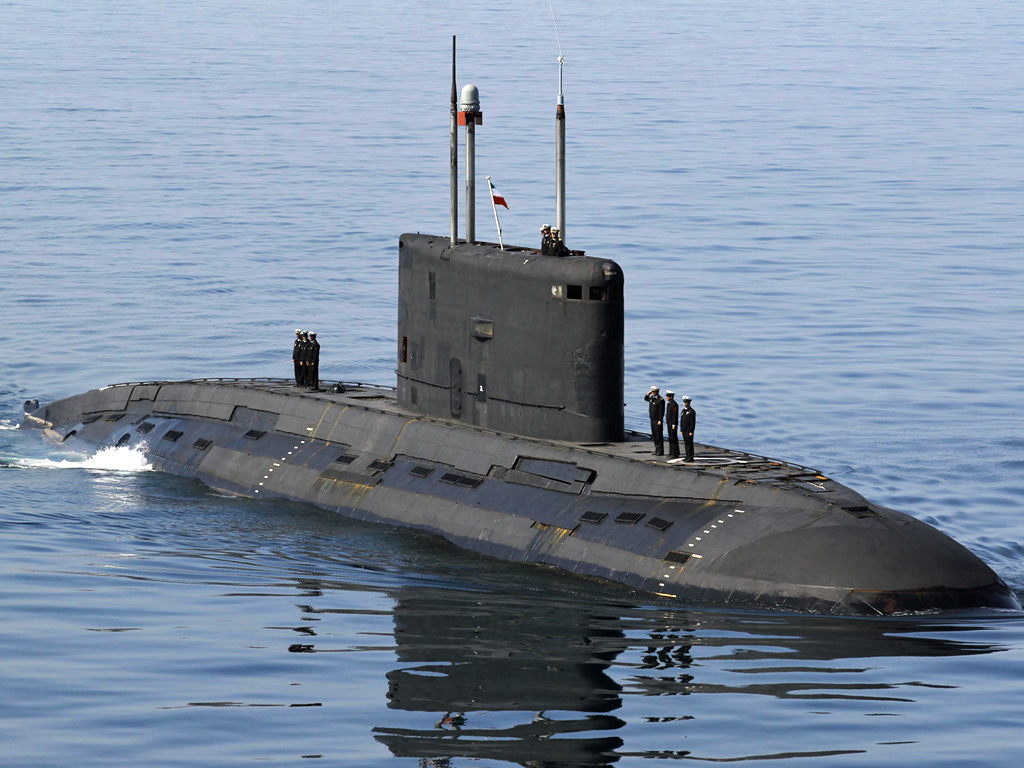WASHINGTON, DC: Anti-Americanism was and still is like a religion within Muslim societies, starting over six decades ago with the unlimited American support for Israel and selective authoritarian regimes, and continuing due to the military intervention in two Muslim countries.
Conspiracy theories flourished within Muslim societies regarding the United States, but the 2008 presidential campaign and election shook things up a little.
When I was in Cairo last fall, most Egyptians expressed distrust for America’s political dynamics, which produced a black candidate with some distant Muslim heritage after the drastic events of Sept. 11 to become president. Yet, the American electorate proved them wrong. Then, Egyptians and Muslims took note and started trying to look at things differently.
Obama’s popularity in the Muslim world is potentially great news for America’s international image. It has spurred hopes for change and a better life among millions of Muslims who are suffering from authoritarian rule and economic deficiency.
Yet the change that Obama is trying to bring to America is interpreted to Muslims as mirroring the policies established by the United States over the past 60 years, wherein maintaining stability takes the pre-eminent role of American policymaking over the promotion of values of democracy and freedom. Under the Bush administration, the United States adopted a boisterous and strong rhetoric that called for democratization throughout the Middle East. Yet the US government continues to maintain a strong relationship and cooperate on defense and intelligence issues with undemocratic regimes for geo-strategic reasons, while espousing rhetoric for regional change.
In order to press undemocratic regimes to adopt democratic practices, the United States must be willing to take some risks and surrender some strategic advantages gained from supporting authoritarian governments. Yet, the US has repeatedly shown that it remains unwilling to sacrifice beneficial relationships for the promotion of democratic rule. Arab and Muslim public opinion concerning confidence in US policy abroad is heavily influenced by this trend of prioritizing American interests.
The Muslim world’s reception of Obama’s presidency – as enthusiastic as it is – remains skeptical of a US that has a long history of failure to follow through on its promises. The Muslim public views the rhetoric emanating from Washington as a method of justifying America’s perceived longstanding objectives of protecting oil resources, sheltering Israel and shielding its Arab allies, at the expense of reform. Most Muslims would appreciate Obama’s affirming to them that a two-state solution is the bottom line his administration believes in to solve the Arab-Israeli conflict. The consideration of a new rhetoric regarding the Arab-Israeli conflict solution is noticeable, yet policies and actions matter more.
In a poll of 14,986 Arab citizens conducted by Al-Jazeera last week about the Muslim perception of Obama’s call for change in American foreign policy toward the Middle East, 22.4 percent expressed confidence in Obama, while 77.6 percent expressed distrust of Obama’s ability to change American policies. In order to reduce this unfortunate and discouraging trend, Obama must distance his administration from past policies.
President Obama should distance himself from portraying democracy, human rights and freedom as uniquely American values, a regular practice of US officials and diplomats that severely damages the currency of these principles and hurts indigenous efforts. Democracy and freedom are not simply American concepts, but rather are global human principles. Initiatives such as the creation of more jobs and improvement of educational curriculums are a good start for preparing Muslims societies for democracy and liberty. In addition, it is the best solution for fighting the spread of radicalism and violence.
If he desires a true reshaping of relations, Obama must clearly define what this stake entails for both parties. He must decide whether he wishes to return to the policies of the past half-century or if he will establish a new path for America to follow, while assuring an expectant Muslim population that the US will not abandon them for short-term gains.
The stories coming from America today, such as the serious debate about the closure of the Guantanamo Bay detention facility and the end of the CIA’s torture practices show the best of American democracy and its political dynamics. Ceasing the usage of phrases such as “war on terror played a role in proving that the change in America is real, although difficult to fully realize. Recent developments such as these are immensely important for American public diplomacy abroad, especially within Muslim societies.
While anti-Americanism is now questioning, Obama has a rare opportunity to improve America’s image even further. Will he take advantage of this opportunity or will he miss it? A speech will not change or repair the American image overnight, yet the process started with his historic election win on Nov. 4 last autumn and should continue on June 4 in Cairo.
Mohamed Elmenshawy is the Editor in Chief of Taqrir Washington and Arab Insight; both are projects of the World Security Institute in Washington, D.C.

